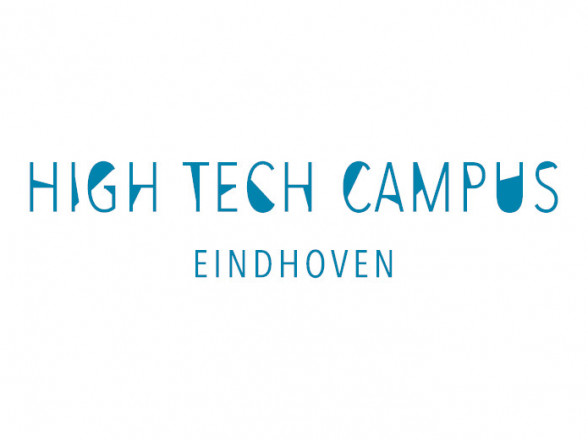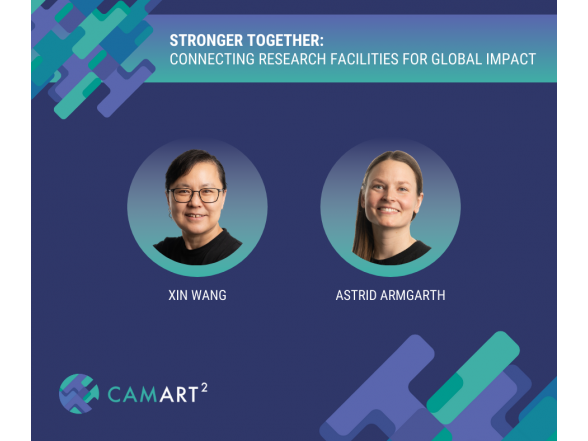Sustainability is highly dependent on the next generation, who will go on to take the mantle of scientific fervour and maintain it in unremitting research and continuous development. Although the ISSP UL does not issue education diplomas, since its foundation it has been actively engaged in teaching at the bachelor, master and doctoral levels, with close links to scientific work at the institute.
Doctoral student Pēteris Lesničenoks is one of the young and passionate scientists working at the ISSP UL at the moment. He is involved in the research on an electric generator that would collect water wave energy and convert it into electricity. The innovative energy convertor, linear electric generator for floating power plants is called WILEG. During this year, a team of researchers has turned such a generator or WILEG into a reality and found an application for it. The device is able to collect small waves of water below 1 meter and convert them into electricity. Basically, it is a small, floating power plant.
At the “Knowledge Agora”, which is one of the main events of The New Technologies and Innovations Day (this year taking place on September 25) organized by the University of Latvia, P. Lesničenoks told more about the prototype of the device that has already been tested in the 17-centimeter wave basin at the University of Liepaja. \"Considering such small waves, we can count on 1 kilowatt per day, but when calculating energy production, taking into account waves of half a meter or higher, it is possible to obtain up to 20 kilowatts. With such an amount of energy, the electricity consumption of one big house can be covered,” explains P. Lesničenoks.
The portable power plant could be applicable on islands situated at a certain distance from the available electricity grid, because it is expensive to run an electric cable, especially on islands that are not less than a kilometer from the shore. It can cost millions at sea. In addition, it should be noted that there are many islands in the world that need electricity - in Greece about 6,000, in Croatia 1200, in Malaysia more than 170 thousand. Diesel fuel is also banned on many of these islands. WILEG could solve the problem.
The researcher also emphasized that this is an industry with great development potential, the market value of which could grow up to 100 billion dollars in 30 years. Researchers predict that by 2050, 10% of the world’s energy production will come from wave energy, and the UK has already invested 578 million, with an annual market of 60 billion.
A team of scientists from the ISSP UL has already received 30 thousand euros of funding for the development of a business strategy and the provision of an experimental prototyping function.
The Knowledge Agora is an opportunity for researchers to present and engage a wider audience with innovative research into new technologies, processes and quality of life in 6 minutes. This year, the Knowledge Agora featured almost 60 different researches on the development of the microorganism collection, the solar system, nanomaterials, the bioeconomy, magnetic accelerators, material memory, gene data, as well as solutions in the fields of demography, education, ecosystems and medicine.
In Latvian: https://www.lu.lv/par-mums/lu-mediji/zinas/zina/t/62146/



